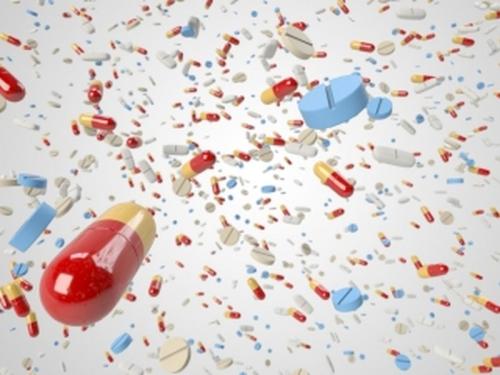New Delhi, April 24 (IANS) Consuming more than 5 grams of saccharin, an artificial sweetener known to be about 300-400 times sweeter than regular sugar with zero calories, a day can be fatal, but sudden deaths due to artificial sweeteners have not been reported yet, contended doctors on Tuesday.
They reacted to the tragic case of a 10-year-old girl in Punjab's Patiala who died, last month, after eating her birthday cake, which was reportedly baked with a high concentration of saccharin.
The girl's entire family also fell ill after consuming the chocolate cake purchased online.
“In normal quantities, saccharin is not fatal, but high quantities, especially more than five grams a day would be very fatal. And this could be a part of any preparation which is not properly mixed,” Dr M Wali, Senior Consultant, Department of Medicine, Sir Ganga Ram Hospital, told IANS.
“There are no published or documented reports of humans suddenly dying from ‘high levels of saccharin consumption’. There are no empirical evidence-based reports on sudden death due to saccharine in animal models or human beings,” added Dr Abby Philips, a hepatologist, in a post on X.
“Saccharine and other artificial sweeteners are generally considered safe and have undergone extensive trials which showcase safety as additives in food products. It is ok for you to use them in their recommended intake,” explained Dr Abby, popularly known as the liver doctor on X.
Saccharin sodium is among the six artificial sweeteners (aspartame, acesulfame potassium, sucralose, neotame, and isomaltulose) approved “to be used in food” products by the Food Safety and Standards Authority of India (FSSAI).
Based on the available scientific evidence, saccharin is also deemed “safe for the general population under certain conditions of use” by the US Food and Drug Administration.
However, Dr Tushar Tayal, Lead Consultant, Department of Internal Medicine, CK Birla Hospital, Gurugram told IANS that “research suggests that artificial sweeteners can disrupt bacteria’s delicate balance in the digestive system and encourage types of bacteria that can raise glucose intolerance leading to an increased risk of metabolic disorders, such as obesity, cancer, and diabetes”.
Dr Wali noted that commonly people who consume these sweeteners, including saccharin, experience very severe headaches.
But in the case of the young girl, “she would have consumed the portion of the cake which might have an accidentally high concentration of saccharine”. He suggested “avoiding artificial sweeteners at all costs”.
Yet the question remains: How much of the cake did the young girl consume?
“Acute saccharine toxicity leading to sudden death in the child is highly assumptious; and adulteration, contamination or other causes -- deliberate or unintentional must be sought,” the liver doctor said.












